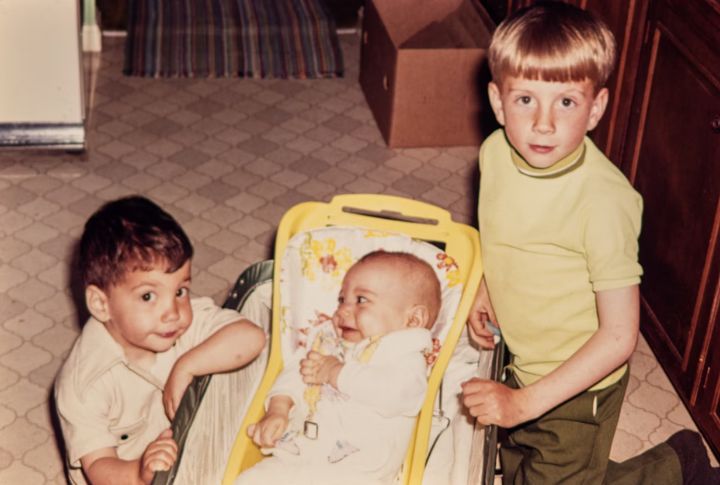
Back in the day, childhood looked a whole lot different (and not just because of the fashion). Kids roamed free, and supervision was practically optional. What parents once saw as independence may now raise serious eyebrows. The gap between “normal” and “neglect” has shifted in surprising ways, and this throwback collection shows just how much. Read on; you might be shocked by what was considered good parenting once upon a time.
No Seatbelts, No Problem
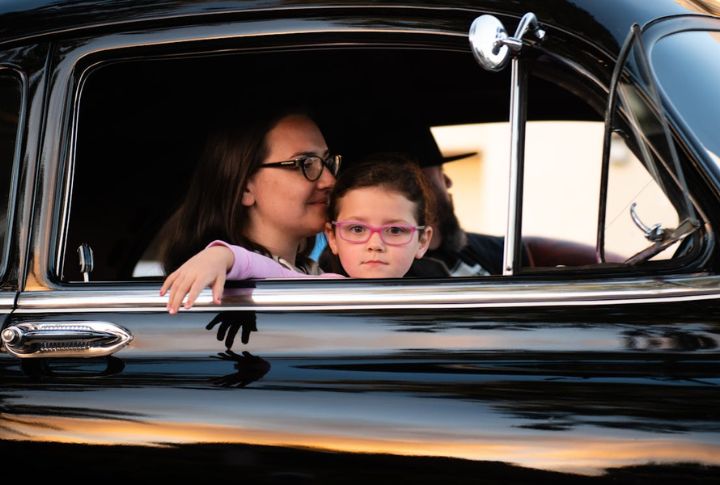
If you grew up in the back of a station wagon, you probably remember rolling around without a care or a seatbelt. But safety standards have shifted dramatically. Seatbelts and booster seats aren’t optional anymore; they’re mandatory reminders of how far parenting norms have come.
Free Until The Streetlights Came On
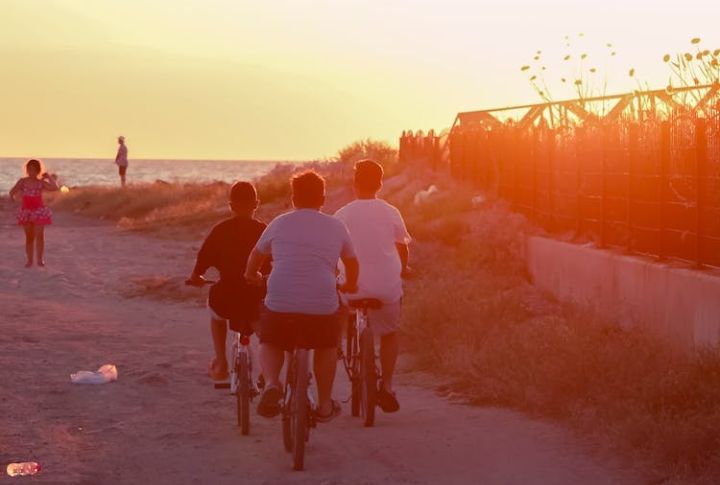
Streetlights were the only curfew kids needed. They’d roam the neighborhood freely until dusk signaled it was time to head home. Parents called it building independence. These days, that same freedom could raise eyebrows or even trigger calls to authorities about unsupervised children.
Home Alone For Hours

Back then, it wasn’t unusual for parents to run errands and leave the kids in charge of themselves, and maybe a TV dinner. Today, that same move could lead to a welfare check. Times have changed, and so has our definition of “responsible parenting.”
Buying Cigarettes For Mom
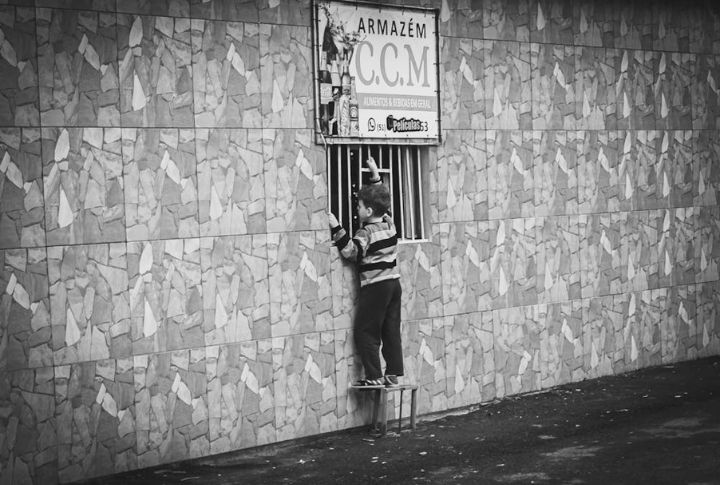
Once, it was perfectly normal to hand a kid a dollar and send them to the corner store for smokes or beer. The shopkeeper didn’t blink. Now, that same errand would trigger alarm bells and legal trouble. Let’s just say, times (and laws) have grown up.
Told To Toughen Up
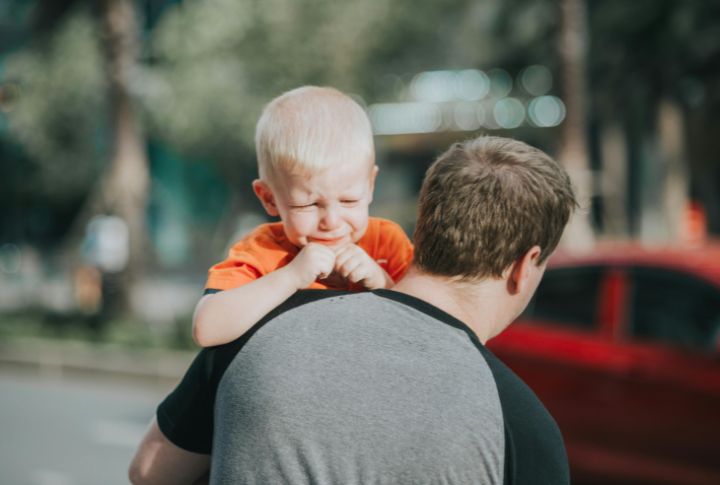
Crying children were told to stop and toughen up as if emotions were weaknesses to overcome. That approach felt like building character, but we’ve learned it actually creates lasting emotional scars. Parents are encouraged to listen and validate feelings instead, recognizing that kids need support through difficult moments rather than being taught to suppress them.
Spanking That Left Marks
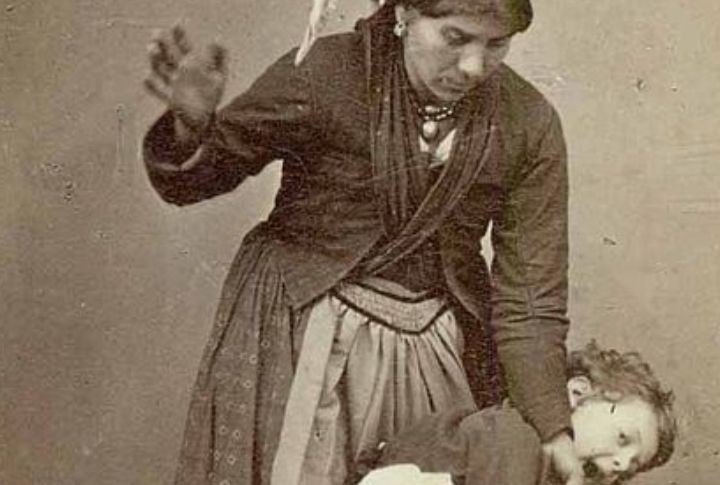
For decades, physical punishment was woven into everyday parenting. The turning point came in the 1960s, when doctors identified “battered child syndrome,” which sparked reforms worldwide. Corporal punishment is then increasingly recognized as abuse, replaced by discipline grounded in empathy and communication.
Dinner As Discipline

Home remedies and rest were the default treatment for almost everything, with doctor visits reserved for true emergencies, if at all. That resourceful approach has serious legal implications today. Failing to seek appropriate medical care when children need it is recognized as neglect, with laws stepping in to protect kids from delayed or avoided treatment.
Skipping The Doctor
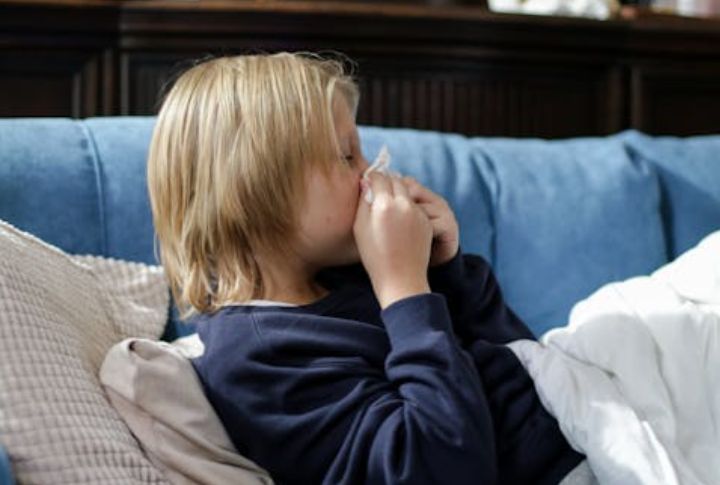
Home remedies and rest were the default treatment for almost everything, with doctor visits reserved for true emergencies, if at all. That resourceful approach has serious legal implications today. Failing to seek appropriate medical care when children need it is recognized as neglect, with laws stepping in to protect kids from delayed or avoided treatment.
Treating Tantrums As Manipulation
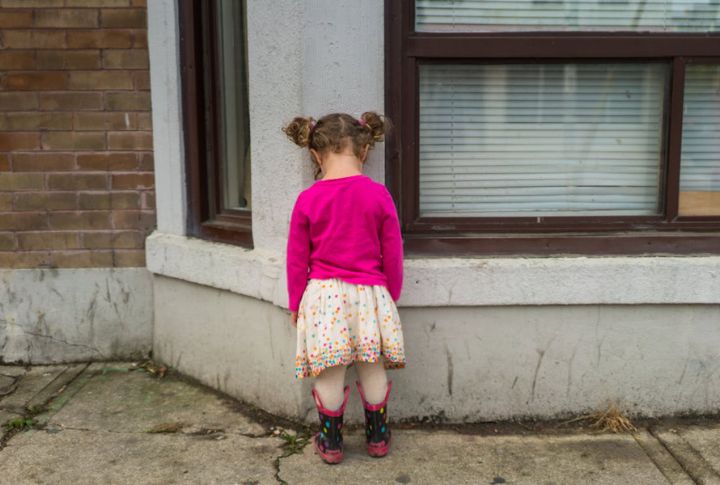
Meltdowns earned punishment because parents believed that kids could control these outbursts if consequences were harsh enough. Child psychology reveals a different reality. Tantrums signal emotional overload, not manipulation. Children lack the regulation skills adults take for granted, and they need guidance through overwhelming feelings.
Kids Using Power Tools
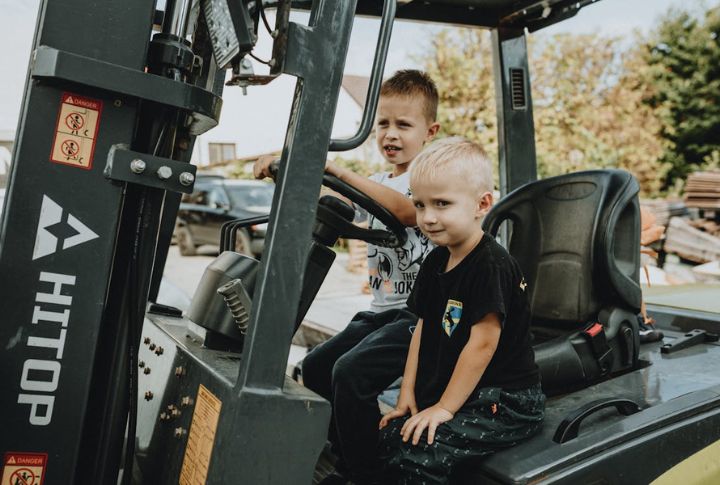
Back in the day, kids wielded lawnmowers like badges of honor. It looked responsible. These days, sharp blades and curious hands don’t mix. Safety classes and adult oversight have replaced “trial by lawn care,” and no one’s missing the stitches.
Kids Babysitting Kids
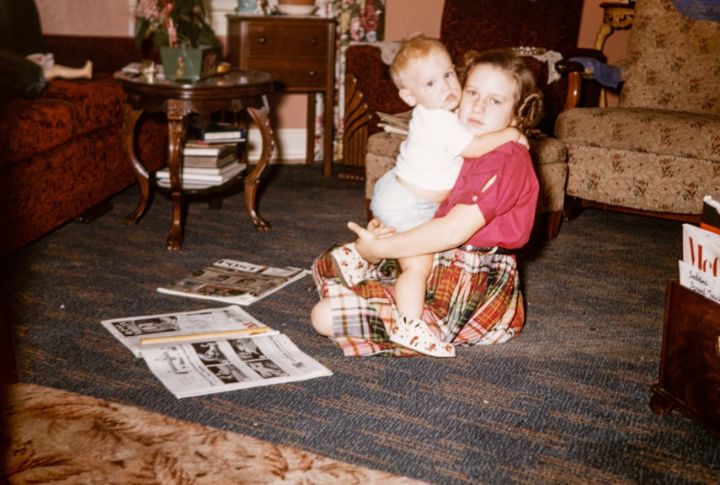
Once, it wasn’t weird for a ten-year-old to babysit a houseful of siblings overnight. However, emergencies don’t care about age, and modern rules agree that a child shouldn’t be the one deciding what to do during a fever or fire. That’s considered serious neglect.
Walking To School Alone
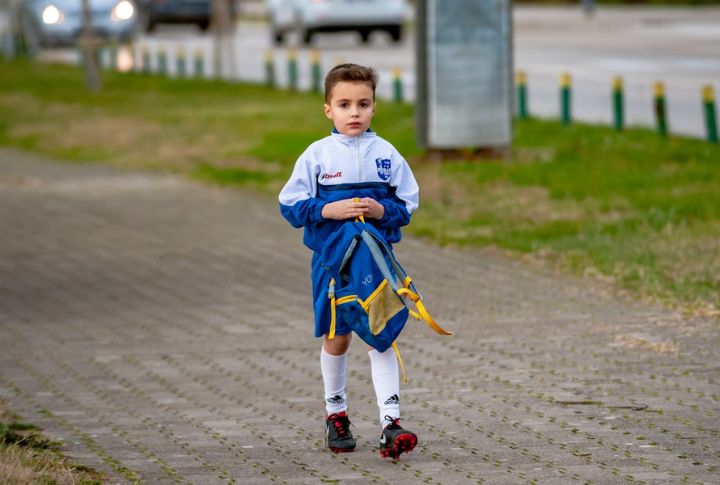
The morning trek to school meant dodging traffic solo, even on major roads. Parents believed this taught responsibility and street smarts. Communities have since introduced “walking school buses” where adults escort groups of children because unsupervised road navigation puts kids at serious risk.
Permitting Children To Bike On Busy Roads Without Helmets Or Reflective Gear
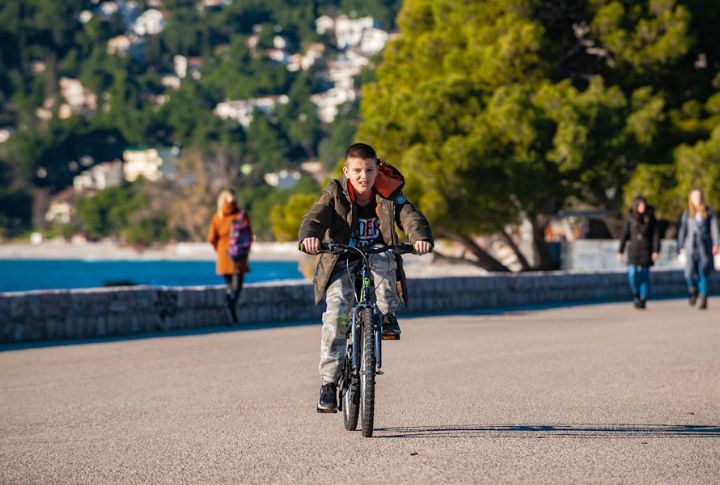
Kids zipped down main roads with wind in their hair and nothing protecting their heads. Helmets seemed unnecessary and definitely uncool for neighborhood adventures. Traumatic brain injuries from cycling accidents tell a different story than nostalgia does. Legal standards now mandate protective gear because bare-headed rides on busy streets carry genuinely reckless risks.
Left In Hot Cars
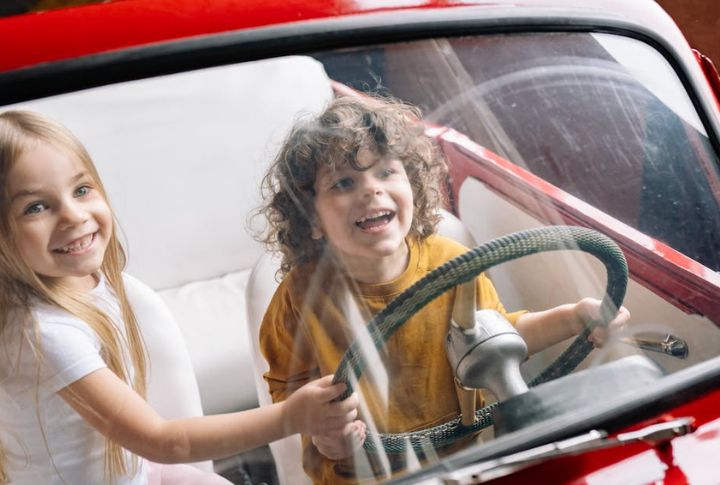
Your grandparents might’ve laughed when kids got “just a taste.” Now we know those early sips matter more than they thought. Underage drinking (even in small amounts) can lead to risky behavior and long-term health issues.
Sips At Family Parties

Your grandparents might’ve laughed when kids got “just a taste.” Now we know those early sips matter more than they thought. Underage drinking (even in small amounts) can lead to risky behavior and long-term health issues.
Leaving Children With Unfamiliar Or Unvetted Caregivers
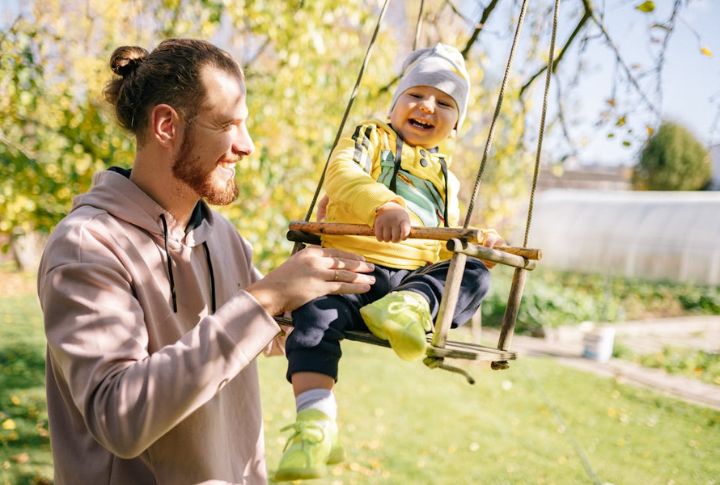
Any willing adult could watch your kids – no questions asked, no verification needed. The assumption was that people were generally trustworthy and well-intentioned. Society learned the hard way that proper screening matters desperately. Background checks and formal references aren’t paranoia; they’re essential protection for vulnerable children.
Punished With Public Shame
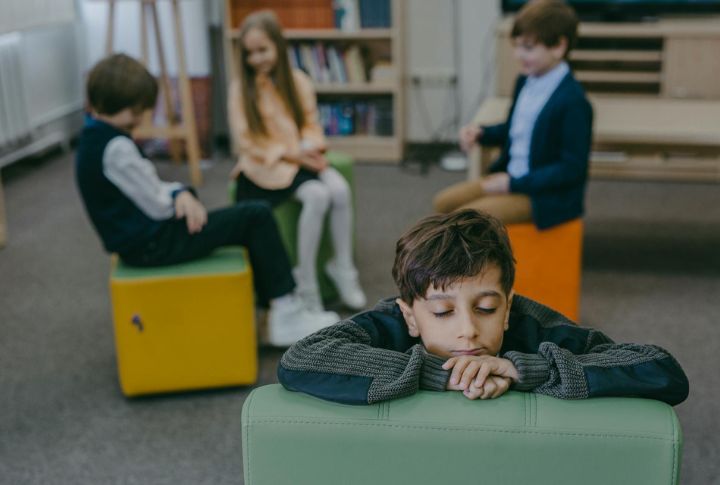
It’s easy to see how public shaming once felt like control, though it literally bred fear. Being singled out in front of peers teaches humiliation rather than responsibility. Today’s understanding of child psychology makes it clear: respect, not ridicule, shapes better behavior.
Letting Children Swim Unsupervised In Lakes, Rivers, Or Pools
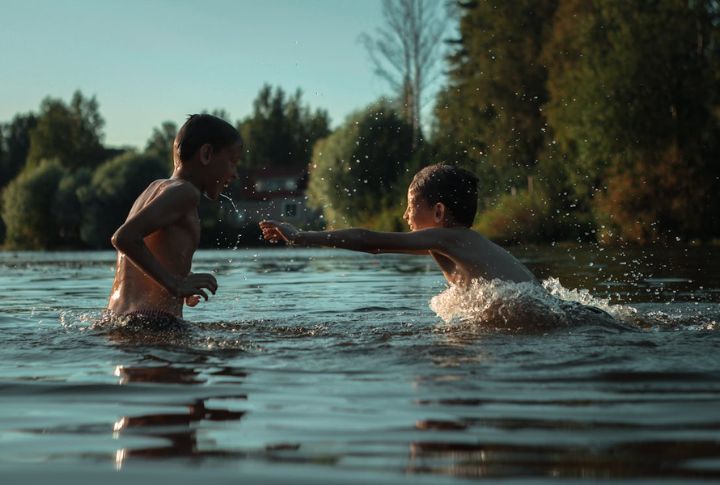
Once upon a time, kids splashed freely in backyard pools and local swimming holes without a watchful eye in sight—a scene as common as summer itself. But modern safety wisdom has flipped this carefree practice on its head, with current guidelines insisting on constant adult supervision around water.
Skipping Vaccines
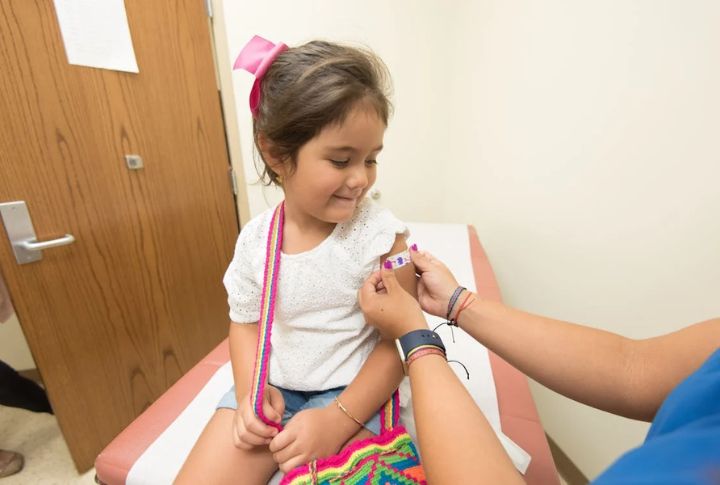
Once viewed as a “personal choice,” skipping vaccines now raises serious concerns. Most states require them for school, and health officials consider refusal neglectful without a medical cause. Protecting kids (and everyone around them) is seen as a shared responsibility.
Watching Anything On TV

Do you remember when parents barely blinked at what kids watched on TV? Those unfiltered movie nights often included violence or adult content. Today, with research linking early exposure to behavioral issues, parental guidance and content filters are seen as essentials.

